[ CONTINUED FROM (1) ]
as far as most ordinary folks can understand it, it seems that
what it is
is that
to export Nigeria Crude / Crude Oil e.g Bonny Light?
from Nigeria to a country in Europe, for example,
to be refined into various Petroleum Products
Nigeria needs to spend some money

to ship those barrels of Crude Oil
from Nigeria
to that country in Europe.
so there may be 2 costs of transport here,
viz :
(i) a domestic transport cost within Nigeria
to get the Crude Oil
from the Oil Drilling Rig
( .. or wherever the Drilling Rig warehouses / stores the Crude Oil it has drilled .. )
to the Sea Port(s?)
where it is going to be exported from.
(ii) a freight cost i.e a cost to transport the goods by ship
from Nigeria in Africa
to the destination country in Europe.
Victoria nnmah nm ( nmah m ) ( nma m ) ( nmam ),
these 2 transports costs above
will not exist if
the Nigeria Refineries are working at maximum capacity utilization
and all Nigeria has to do is pipe the oil from the Drilling Rig direct to the Nigeria Refineries.

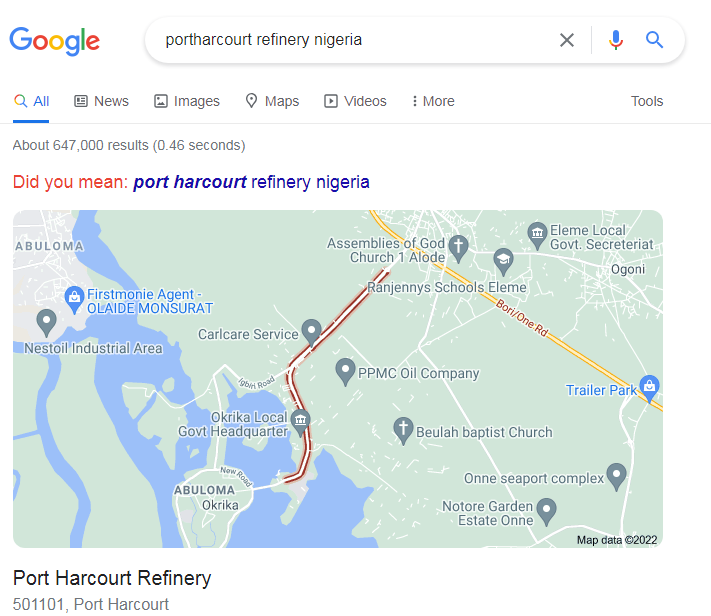
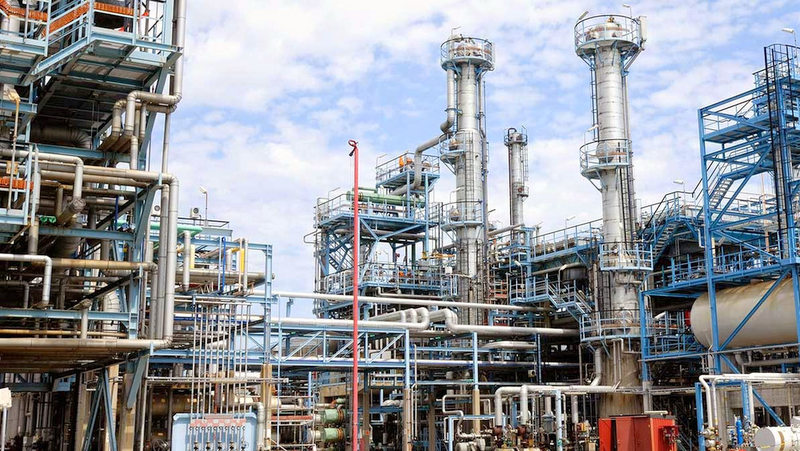
this photo was sourced from the internet. it is purportedly a photo of one out of the 2 Nigeria Refineries in Port-Harcourt, Nigeria

now, when i.e after
the Barrels of Crude Oil get to the Destination Country in Europe,
some fees have to be paid,
for example :
(a) usually, there is a cost for clearing any goods
that come into the Sea Port(s) of a country.
so to clear the goods,
the Receiving Company / Receiver has to pay some money to enable it
get the goods / Crude Oil out of the Sea Port(s) to it’s own Petroleum Refinery.

(b) whether that Receiving Company / Receiver
uses it’s own vehicles / transporting equipment to move the cleared goods out from the Sea Port(s)
or
charters vehicles / transporting equipment from another company
for that purpose
there is a transportation cost incurred here
e.g
diesel / petrol expenses, etc
for it’s own ( fleet? of ) vehicles used for this purpose
or
haulage costs charged by the Haulage Company
contracted / employed to ferry the goods
as a standard operational business routine, Victoria nm,
usually the Receiving Company will incorporate these charges
( .. ? with a mark-up ? .. )
into the Bill that it gives Nigeria
even if it does not high-light them in the Over-all Bill
separately as such i.e as forwarding costs / transportation costs.

so, here again,
Nigeria is spending some money that
it would not spend if
the Nigeria Refineries are working
at maximum capacity utilization
and
all Nigeria has to do is pipe the oil
from the Drilling Rig
direct to the Nigeria Refineries.
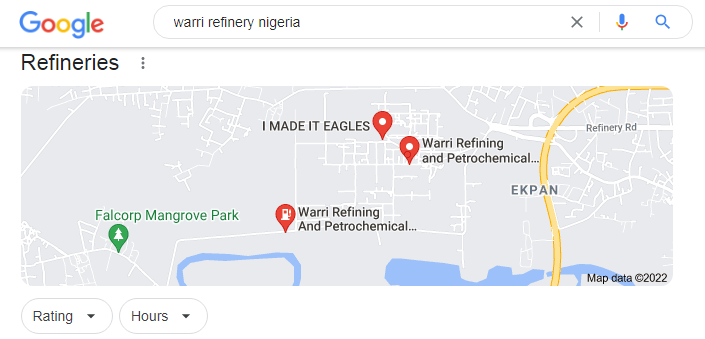
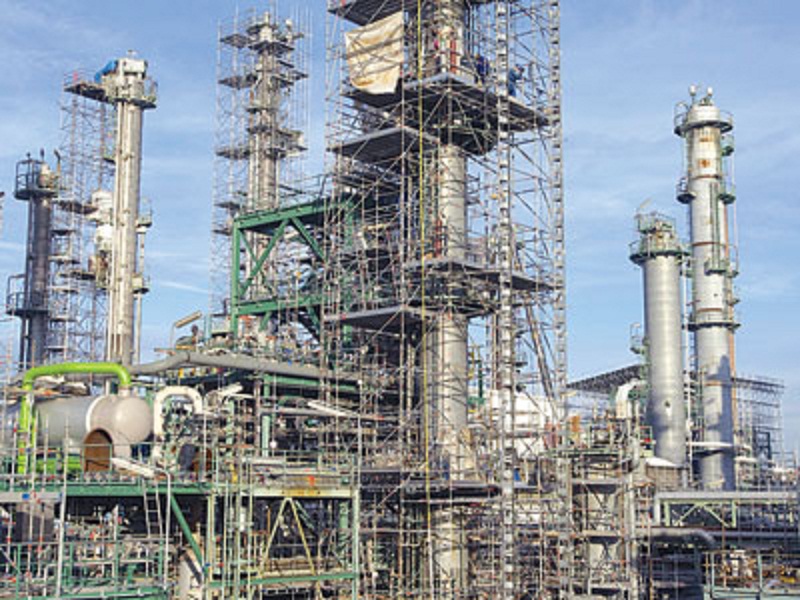
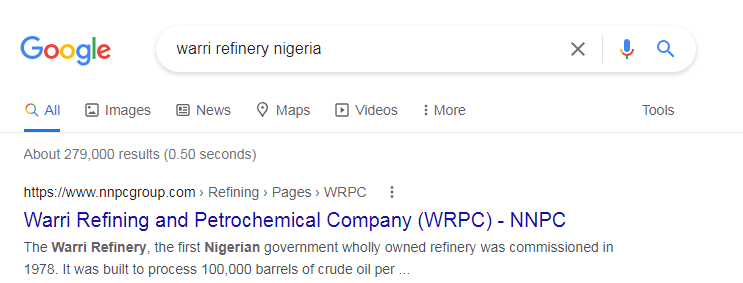
and then eventually
when the Barrels of Crude Oil get to the Destination Europe Refinery
the Refinery will take a look at
the identified refined products that
Nigeria wants
from that batch of Crude Oil
e.g
Kerosene,
Petrol ( Gasoline ),
etc ?

and then
refine the Crude Oil
into those identified / specified refined products.
naturally, Vicky nm,
it will charge Nigeria for this exercise
as a standard operational business routine
since
in any case
this is the key business at hand
i.e
the key objective of the business transaction is
to refine Crude Oil as a reputable Refinery for
it’s customer – in this instance ; Nigeria.
i.e to say,
naturally, as a standard operational business routine,
Vick ormahleechar nm,
the Refinery will incorporate these Refinery charges / Refining fees
( .. ? with a mark-up ? .. )
into the Over-all Bill that it gives Nigeria.
so, here again,
Nigeria will spend some money that
it would not have spent if
the Nigeria Refineries are / were working
at maximum capacity utilization
and
the Crude Oil is refined at home in Nigeria
in the Nigeria Refineries.
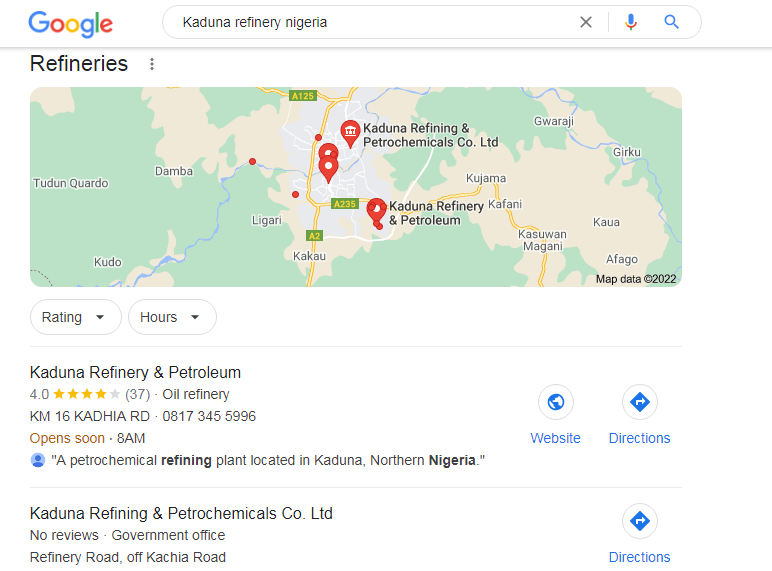
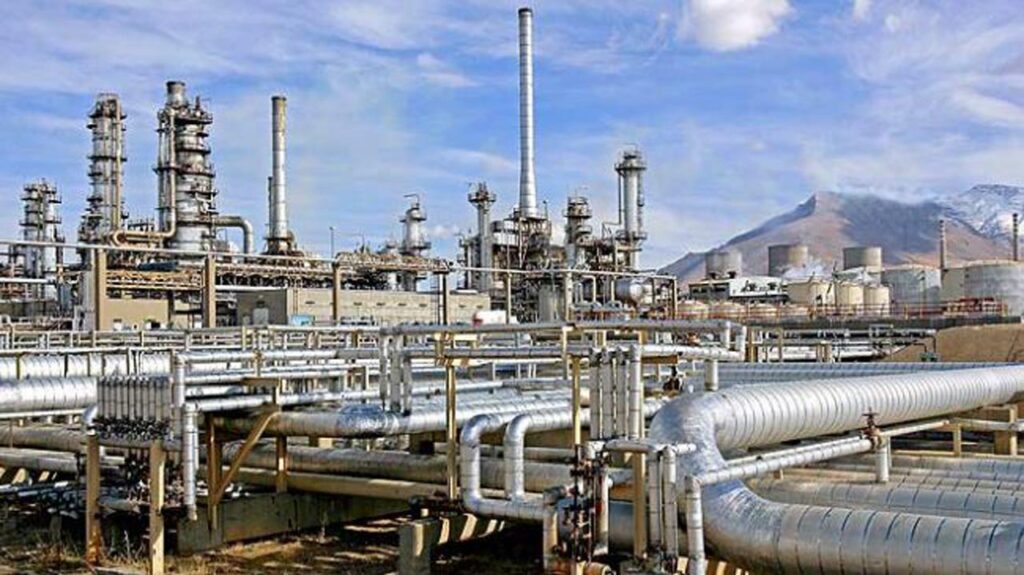
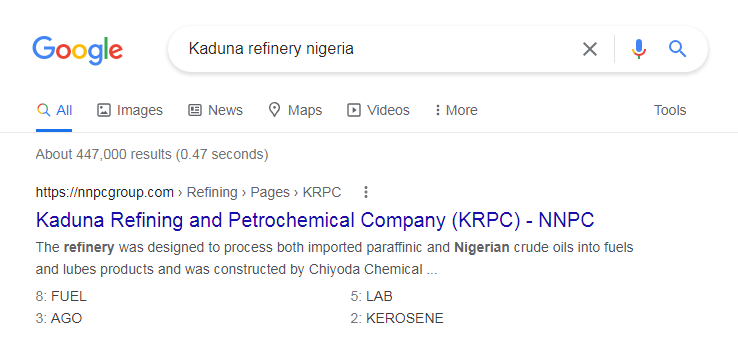
and then after all the Refining has been done,
the goods have to get back to Nigeria
and
there are costs that are incurred to get this achieved / done.
[ TO BE CONTINUED IN (3) ]






The soul calling flag and the flame collided together, and what male enhancement pills does walmart sell the soul calling flag could not resist in less than a few seconds, and a hole was burned by the flame real cialis no generic